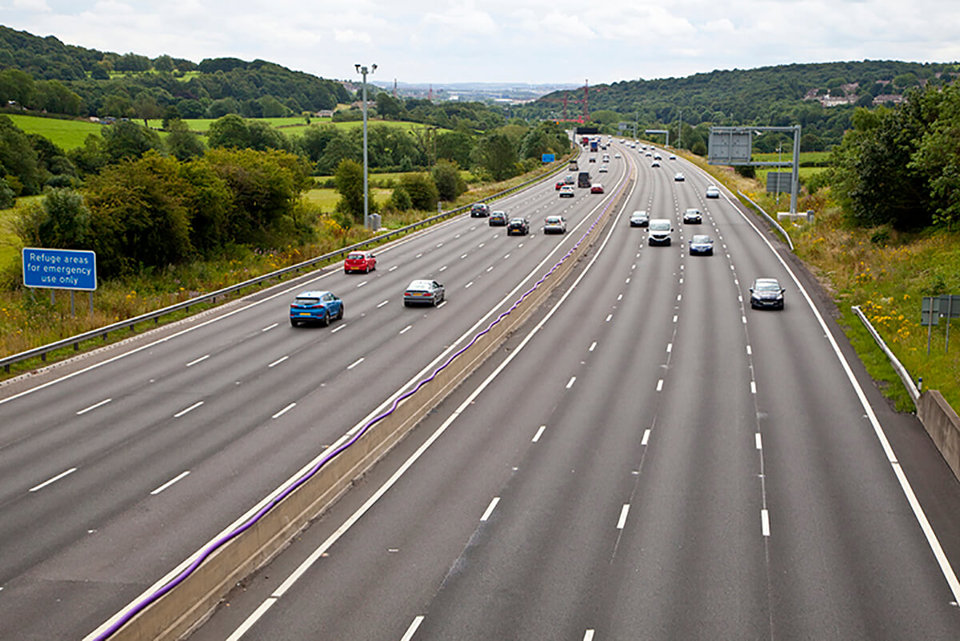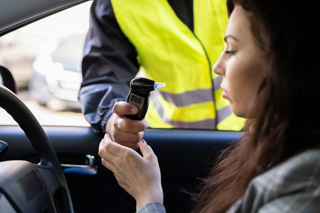The majority of drivers lose touch with road law and driving best practices once they have passed their test, research for this year’s RAC Report on Motoring suggests.
Such behaviour would be regarded as unacceptable or detrimental in many professions where colleagues are encouraged or obliged to keep abreast of best practice, technology updates and even legislation, with ongoing training or refresher courses.
While drivers of HGVs, buses and coaches are required to undertake training in order to demonstrate their professional competence, it appears acceptable for motorists to remain on the road without the requirement to undergo any further training or assessment.
Many van operators and some car fleets require their drivers to undertake an on-screen or on-the-road driving assessment.
But, just as continuous professional development is now seen as normal in many workplaces and often a requirement for continued practice or to operate potentially dangerous equipment, the RAC suggests it may be time to adopt a similar approach to driving.
Based on research from a sample of 1,526 drivers, including business drivers, it found a lack of knowledge that could prove fatal. For example, it found that the vast majority of motorists underestimate the distance their car needs to stop when braking in an emergency.
Just 16% of motorists remembered the stopping distance quoted by the Highway Code for a car travelling at 70mph is 24 car lengths. Half thought the stopping distance was 10 car lengths or less.
Similarly, around 50% of motorists thought the stopping distance at 30mph was two car lengths or less, which is a third of the distance quoted in the Highway Code.
It is not surprising, therefore, that fleets suffer so many rear-end shunts if motorists have such a poor understanding of how much distance to leave between themselves and the car in front.
Simon Best, chief executive of the Institute of Advanced Motorists, said: “Information from the Highway Code, including stopping distances, should be for life and not just for the theory test.
“Drivers need to make judgment calls every day, but this can be seriously impaired if they don’t understand how long it will take for their car to stop safely while travelling at speed or in challenging road conditions.”
The report also shows ignorance about the law relating to the use of hand-held phones, with 12% not knowing texting while driving is illegal and 21% not realising it is illegal to check social media such as Facebook and Twitter while driving.
In terms of talking on a hand-held phone while driving, 75% of motorists report regularly seeing other people doing this, with 44% saying they see this happening during most of their car journeys.
There is a big difference in what motorists see being done by others and what they admit to doing themselves, with just 8% admitting to using a hand-held phone while driving.
RAC technical director David Bizley said: “More than one million drivers have been convicted of using a hand-held mobile phone while driving since 2003, when it was made explicitly illegal.
“This prompts the question as to whether motorists are deliberately flouting the law or whether they are just unaware of exactly what is, and what isn’t legal.”























Jhonnie Walker - 16/08/2014 15:00
As a safety-conscious person, I found a safety service that I want to share with you. It's called SafeKidZone which has a Panic Button application that can be installed in your phone. There's a lot of safety features you can take advantage. Check it out: http://safekidzone.com/?a_aid=514ae252c9f64